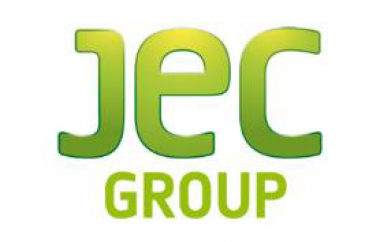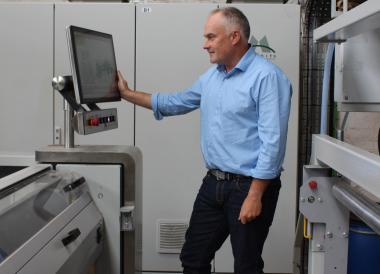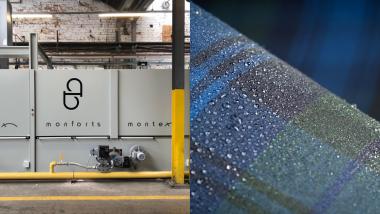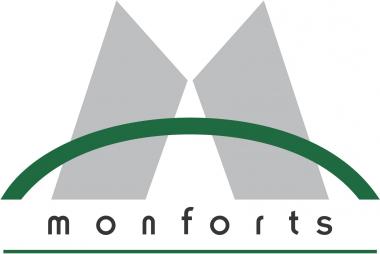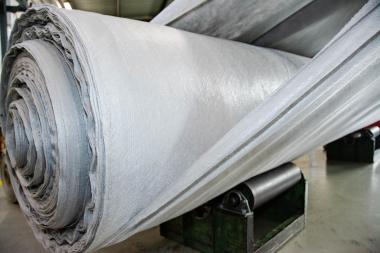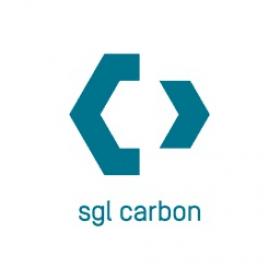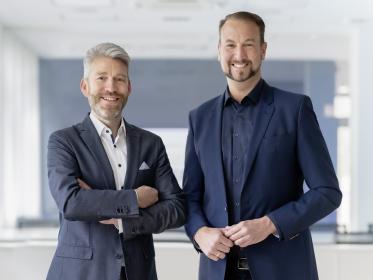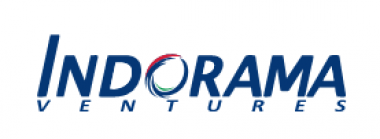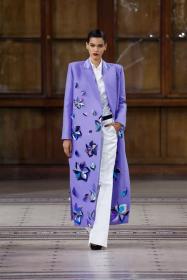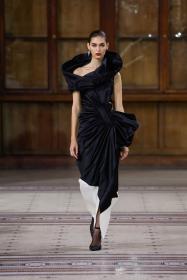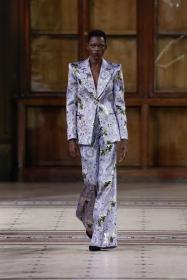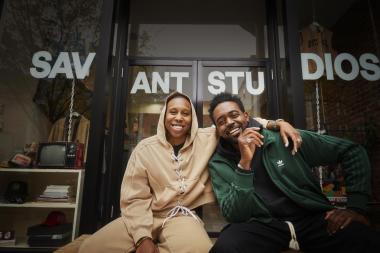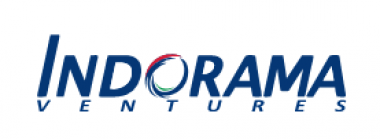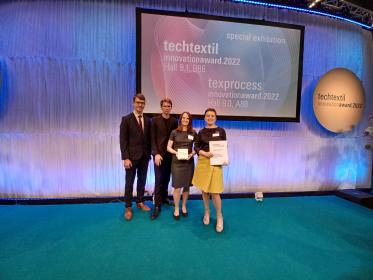The curtain lifts on JEC World 2023
Well-known as the “Festival of composites” each year in Paris, JEC World is the event dedicated to composite materials, their manufacturing technologies and application markets. It will take place in Paris Nord Villepinte from April 25th to 27th, 2023, giving once again the opportunity for professionals to meet with the worldwide composites industry.
Six months prior to the show, the program of the 2023 edition starts to unveil.
For 2023, JEC World is preparing a wide program of conferences and expert panels discussions focusing largely on sustainability and key challenges of our industry and application sectors. In aerospace, construction, ground transportation, health, design, energy (…): sustainable initiatives and greener mindsets are taking over the latest developments in high-performance composite technologies and applications.
The JEC Composites Innovation Awards
For 25 years, through the JEC Composites Innovation Awards, JEC Group has rewarded cutting-edge, creative projects which demonstrate the full potential of composite materials. Highly recognised worldwide, they offer the winners and their partners international recognition, a greater exposure during the JEC World show and throughout the following year, new business opportunities as well as an enhanced customer trust.
All companies, R&D centres and their partners can apply before December 16th, and the winners will be revealed during the ceremony, on March 2nd in Paris.
The JEC Composites Startup Booster, the leading startup competition in the world of composites and advanced materials comes back for a sixth edition. All entrepreneurs, SMEs, startups and academic spinoffs building innovative composites projects who want to get international visibility and grow their business with key players of the composites industry & OEMs are already signing up.
Following the call for entries (deadline January 15th, 2023), 20 startups will be selected by JEC Group and its partners Airbus and Mercedes-Benz. Out of the 20 finalists, 3 winners will be selected during the pitching sessions of the show: one in the “Materials & Products” category, one in the “Process, Manufacturing & Equipment” category and a special “Sustainability” award.
JEC Group


